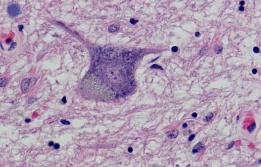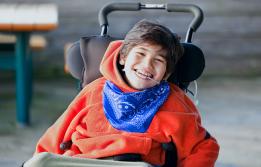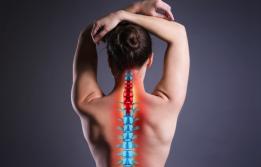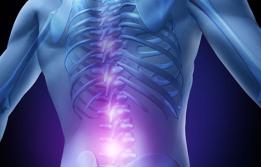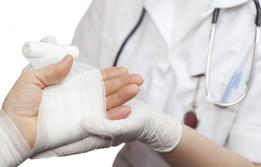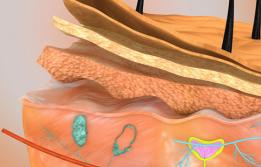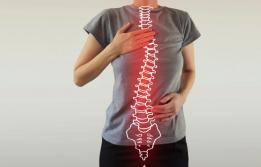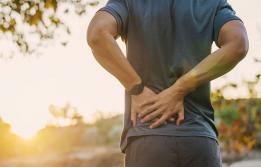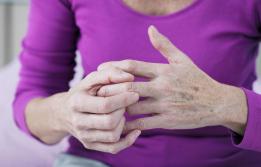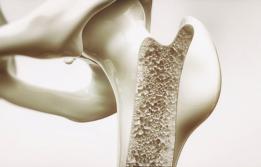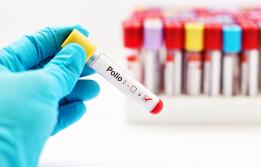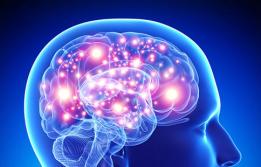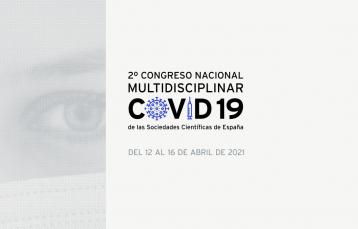Physical Medicine and Rehabilitation
Description
We are an active research centre with a high number of publications, at the same time as participating in several national and international programmes. We have also received awards at different conferences in the specialisation.
The Physical Medicine and Rehabilitation teaching programme includes key aspects for research, such as training in clinical epidemiology and clinical research methodology. In addition, our residents undertake research competence courses to complement their practical work.
Accredited places: 4
Download the Unit training programme
Why specialise at Vall d’Hebron?
- Because the Rehabilitation Department at the Traumatology and Rehabilitation Hospital has 30 beds, allowing residents to undertake a rotation in Rehabilitation programmes, and carry out highly specialised management and integrated rehabilitation treatment.
- Because you will attend to patients with neurodegenerative illnesses and adults with cerebral palsy in particular.
- Because you will attend interdisciplinary consultations related to neurodegenerative diseases, including those in the Stroke Unit, Neuro Orthopaedics and Neuromuscular Diseases.
- Because you will take an active part in the team and the care team meetings.
- Because we are one of seven hospitals in the country accredited by the Ministry of Health (CSUR accreditation) to care for patients with hereditary ataxia or paraplegia.
- Because you will treat both adults and children with spinal cord injuries of traumatic or non-traumatic origin, and the subsequent complications that may arise.
- Because we offer residents a rotation to treat amputee patients, and training in their ongoing care in the acute pre-prosthetic hospitalization and subsequent rehabilitation training programme.
- Because you will take part in all aspects of injury rehabilitation, pain management and prosthetic prescription evolution analysis.
- Because you will work on prosthetic fitting and manufacture.
- Because you will work both in the hospital wards and with outpatients across the complete spectrum of chronic and acute musculoskeletal pathologies and pain syndromes.
- Because you will assess and treat infant and adult patients with cardiac and chronic respiratory disorders, using respiratory physiotherapy and strength training.
- Because we enable active participation in the infant cardiac and lung transplant rehabilitators programme.
- Because we have an ergometry room to carry out spirometry and lung and heart stress tests to enable us to prescribe quality training programmes.
- Because you will work with neuropaediatricians and infant orthopaedic surgeons on rehabilitation of patients with conditions such as brain lesions, cerebral palsy, spina bifida, scoliosis and hip dysplasia.
- Because you will work with all kinds of speech and language disorders that affect swallowing and communication, such as asphasia, dysarthria, dysphonia, laryngeal paralysis, dysphemia, cochlear implants, dysphagia, language development delays or disorders, diglossia, brain injury scar tissue, and hyperacusis.
- Because you will be an integral part of the communication and swallowing rehabilitation team, using techniques such as clinical audiometry, laryngeal stroboscopy, fibreoptic endoscopic evaluation of swallowing (FEES) and video fluoroscopy.
- Because we enable you to attend congresses and take part in conferences on advances in prostheses and orthotics, as well as a biannual course on evidence-based rehabilitation and medicine, and courses on exercise programmes for pathologies of the musculoskeletal system and electrotherapy.











